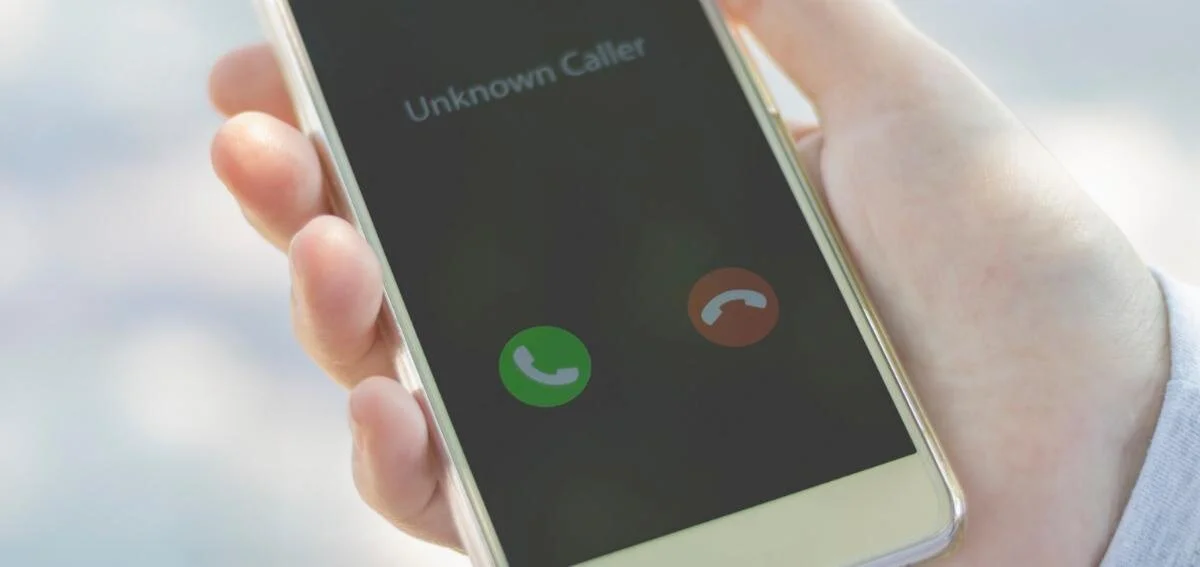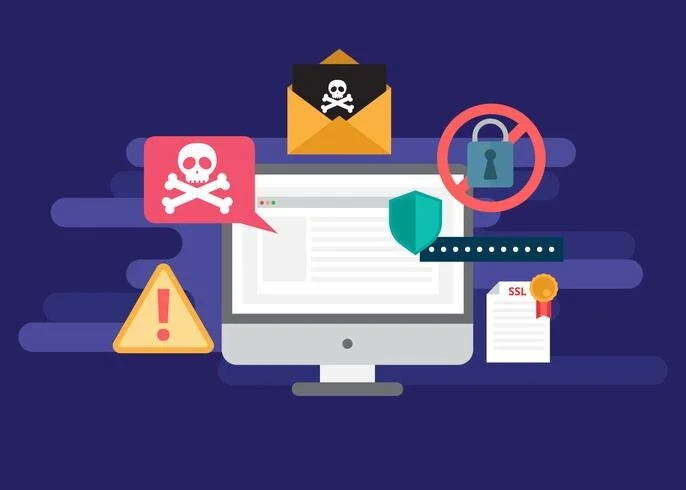We have seen a big uptick in the number of scam phone calls clients are receiving. This is most likely due to the recent data breach, which 1Password has done a good job of explaining in their blog here.
Typically, this phone call will claim to be from a legitimate company—such as Amazon, Apple, Microsoft, Comcast/Xfinity, or a credit card company – and then tell you that your account has been compromised, or there has been a mistake and you are owed a credit. Sometimes, you may have even reached out to one of these companies recently, and the call will claim to be in response to your request. We have also seen email follow-ups to these illegitimate calls; just because you receive both a phone call and an email claiming to be from a particular entity regarding the same "issue" does not mean either is valid.
•If you receive a phone call that you are not positive is legitimate, you can always take down the person’s name and a case number if one exists, and call back a phone number that you know belongs to the entity in question to find out if the original call came from them or not.
•To find an “official” phone number, look on your bill or statement (if applicable), or go to the official website and look for the “Support,” “Help,” “Contact Us” or “Customer Service” information. DO NOT use a search engine to search for something like “Apple phone number” or “Epson printer help”. Many scammers have invested heavily in their websites so that their phone numbers will appear in a web search before the legitimate phone number, and so their websites look like the authentic site. You may unknowingly walk into a scam by calling a non-official phone number that looks like it is official. Go to the actual website and look for their contact information there.
•Do not pay anyone in gift cards. This is a common tactic that scammers will use as you cannot cancel a gift card payment after the fact or put a hold on it like with a credit card.
•Do not let anyone you don’t know have remote access to your computer. Many legitimate IT professionals (including us!) use this technology. If you call Apple Support (and you’ve followed our above advice and made sure you are calling the official phone number) and they want to connect remotely to your computer, that is ok. If you receive a call from someone telling you that an account has been compromised and they need to connect remotely to your computer, do not allow them to. This is how scammers can steal your personal information and install malware on your computer.
•Never call a phone number on a pop-up on your computer saying you need to call for support—this is malware and not a pop-up generated by your computer itself.
It can be increasingly difficult to tell if something is legitimate or a scam, but this is a situation where it is better to be safe than sorry!
For more information on other common types of scams, take a look at our blog post here. If you think you have been the victim of a scam, we can do a post-scam clean-up for you. Call us at 707-573-9649 to book an appointment.




